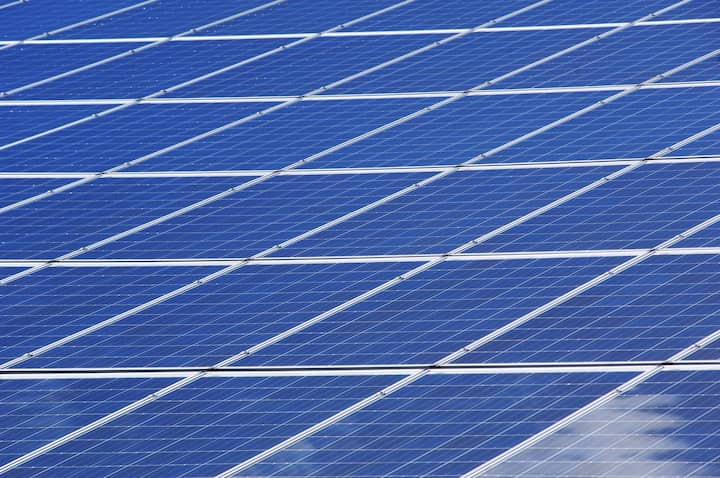
Maximize Your Energy Savings with Household Solar Panels
As energy costs continue to rise and environmental concerns become more pressing, many homeowners are turning to solar panels as a viable solution for energy efficiency and cost savings. Household solar panels not only reduce dependence on traditional energy sources but also contribute to a greener planet. This article delves into the benefits of installing solar panels, how to maximize energy savings, and what to consider when designing a solar system for your home.
Benefits of Installing Solar Panels
Solar panels offer a myriad of advantages that can significantly impact both the environment and your wallet. Here are some key benefits:
- Reduced Energy Bills: By generating your own electricity, you can drastically lower your monthly utility bills.
- Renewable Energy Source: Solar energy is a sustainable and inexhaustible energy resource.
- Low Maintenance Costs: Once installed, solar panels require minimal maintenance, making them a hassle-free investment.
- Environmental Impact: Solar panels reduce greenhouse gas emissions and fossil fuel reliance.
Maximizing Energy Savings
To fully leverage the potential of solar panels, it is crucial to optimize energy savings. Here are some strategies:
Efficient Energy Usage
Utilizing energy-efficient appliances and practices can enhance the effectiveness of solar panels. Implement the following strategies:
- Switch to LED lighting to reduce energy consumption.
- Install smart thermostats for optimized heating and cooling.
- Use energy-efficient appliances to decrease overall electricity usage.
Solar System Design and Consultation
A well-designed solar system tailored to your home's specific needs can significantly enhance energy savings. Professional consultation can help determine the optimal system size and configuration. Learn more in this detailed guide.
Factors to Consider When Installing Solar Panels
Several factors should be carefully evaluated to ensure the successful installation and operation of solar panels:
Location and Sunlight Exposure
The effectiveness of solar panels largely depends on their exposure to sunlight. Consider the following:
- Orientation and tilt of the panels for maximum sun exposure.
- Potential shading from trees or nearby buildings.
- Local climate and its impact on solar efficiency.
Explore further insights here.
System Size and Energy Needs
The size of the solar system should align with your household's energy requirements. Considerations include:
- Current and projected energy consumption.
- Available roof space for panel installation.
- Budget constraints and financial incentives.
Financial Considerations and Incentives
Investing in solar panels is a significant financial decision. Understanding the financial implications can aid in making an informed choice:
- Initial Investment Cost: Consider the upfront costs of solar panel installation and potential financing options.
- Government Incentives: Research available tax credits, rebates, and incentives for solar energy adoption.
- Return on Investment: Calculate the long-term savings and payback period of your solar system.
Find additional information here.
Conclusion
Solar panels offer an excellent opportunity for homeowners to reduce energy costs and contribute to environmental sustainability. By understanding the benefits, optimizing system design, and considering financial factors, one can maximize the energy savings achieved through solar technology. As the demand for renewable energy continues to grow, exploring solar panel installation is a proactive step toward a sustainable future.